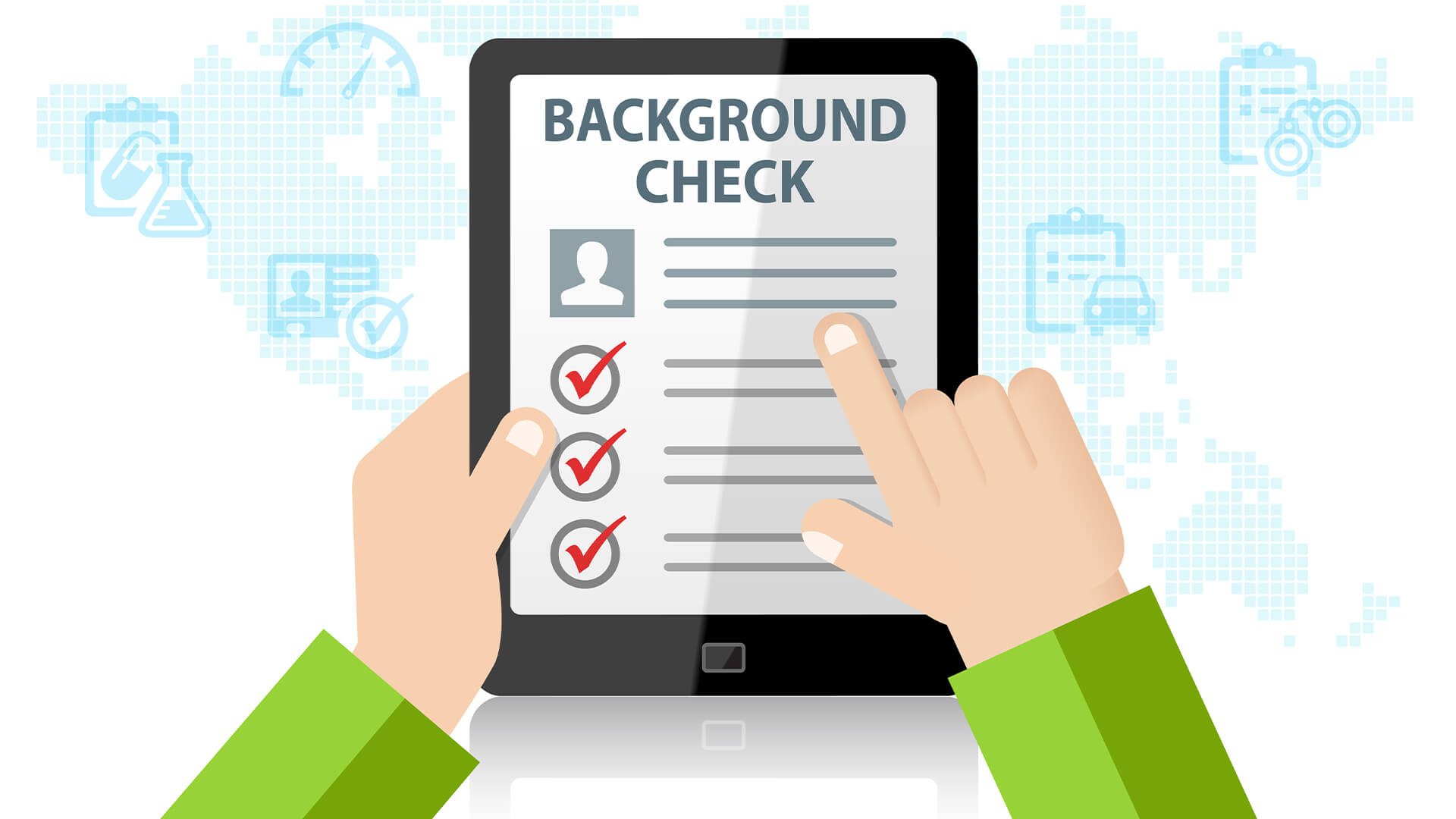4 Things Every CEO Needs to Know about Employee Background Check
Any savvy CEO knows that employee background checks are a vital part of the hiring process. Not only do they help to ensure that your employees are who they say they are, but they can also help to flag any potential red flags. Here are four things every CEO needs to know about employee background checks:
1. What Type of Background Check Do You Need?
There are different types of employee background checks, so it’s important to know which one is right for your business. For example, if you’re looking for criminal records, you’ll need to request a criminal background check. Other reasons for background checks include checking educational background verification, licensures, reference check, financial history, employment history, and more.
Make sure you know what type of background check you need before requesting one. As a CEO, you should also clearly understand your company’s policies regarding background checks. Some companies choose to run background checks on all employees, while others only screen new hires or those in certain positions. For example, if your company works with sensitive data, you may want to run background checks on all employees – not just new hires.
2. How Far Back Should the Background Check Go?
This will vary depending on the position you’re hiring for and the type of background check you’re requesting. For most positions, a seven-year history is typically sufficient. However, if you’re hiring for a position that requires handling sensitive data or working with children, you may want to request a longer history.
It’s important to note that some states have laws limiting the amount of time an employer can go back on a criminal background check. Be sure to check your state’s laws before requesting this type of background check. The more information you can get, the better – but don’t request more information than you need.
3. Who Should Conduct the Background Check?
While you could conduct the background check yourself, it’s usually best to leave it to a professional service. This way, you can be confident that the check is being conducted properly and that all relevant information is being considered. There are many different background check services out there, so it’s important to do your research before choosing one.
Be sure to read reviews and compare pricing before making a decision. Once you’ve chosen a service, make sure you provide them with all the information they need. This includes the applicant’s full name, date of birth, Social Security number, and current address. Of course, your hiring department should also have this information on hand and have the resources needed to run a background check.
4. What Kind of Information Will Be Included in the Report?
Depending on the job position and the type of background check being conducted, the report will include different types of information. For example, a criminal background check will include any convictions or arrests on the applicant’s record. An employment verification check will confirm the applicant’s dates of employment and job title. It’s important to know what kind of information will be included in the report so you can interpret it correctly.
If you’re not sure what something means, be sure to ask the background check service for clarification. They should be able to provide you with more information about the applicant’s history. Keep in mind, however, that the report is only as good as the information that’s included in it. If an applicant has lied on their application, the background check may not be able to catch it.
Ensure You’re Hiring the Best Employees
Keep these things in mind as you conduct employee background checks, and you’ll be well on your way to making sure your employees are the best they can be. You need to ensure they have the necessary skills, experience, and qualifications for the job. Take your time processing each background check request to ensure an accurate result. This way, you should feel confident in your hiring decisions and avoid potential legal issues down the road.







